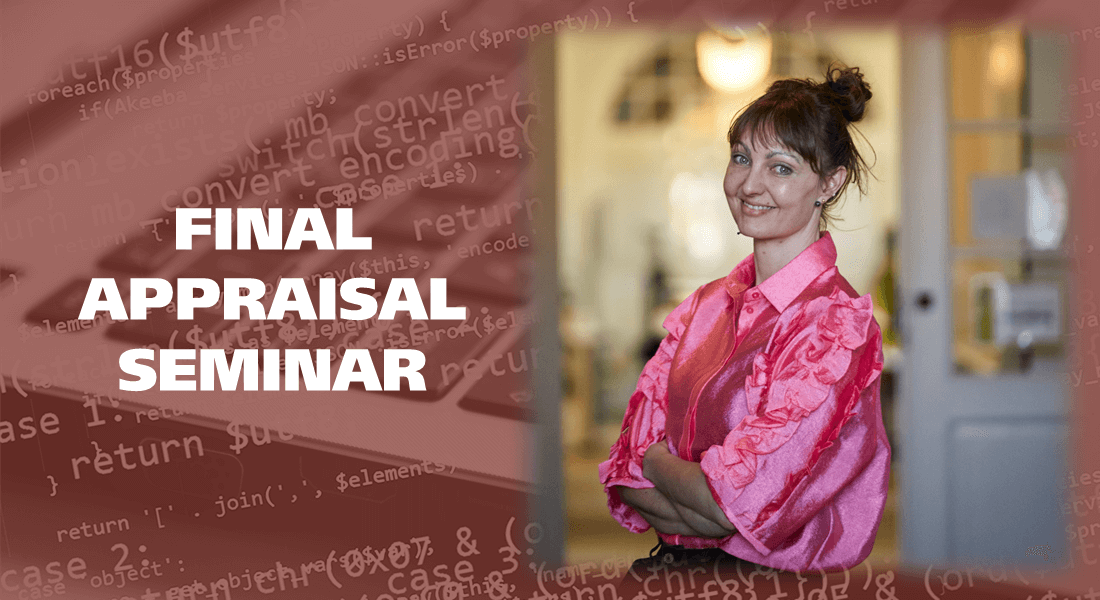Final Appraisal Seminar for Tenure Track Assistant Professor Naja Holten Møller

Title
Confronting Differential Power in Data - Designing Futures of Public Technologies
Abstract
Data tracking in the workplace is transforming society and the relationship between the public sector, its employees and the people whom it serves. Understanding the mechanisms for when public sector employees deem tracking of their work acceptable is critical for supporting public technology development, the associated decision-making processes and the resulting changes in the organization of work. After all, in the datafied public sector, both citizens and public servants can be seen as “caseworkers”. My research into the datafication of work is immediately relevant for understanding how human- and democratic values can become at risk if we do not attend to the fact that usage of data as a basis for automation and AI can be a rather vague reflection of reality. Existing research in public sector technologies has so far focused on analysis of data, automation, and AI after these new forms have been designed and institutionalized in the decision-making infrastructures that gatekeep access to public services. Similarly, stakeholder inclusion in prior research is often limited to professionals with specialist knowledge of data. In this talk, I will demonstrate how “small-scale” qualitative questions can be crucial for the interpretation and legitimate usage of “large-scale” quantitative datasets to develop public sector technologies that support core values of democratic society, such as accountability and agency.
A responsible approach to technology design for the public sector, I argue, including the use of AI and automation, lies in the acknowledgement of the potential risks (e.g., bias) both at the level of large datasets and due to individual decisions (e.g., caseworkers and other street-level bureaucrats) that come to form the “ground truth” for the subjects of decisions on public services. I have theorized the concept of data work, which captures this aspect as a critical matter of the quality of datasets, that has become central to emerging CSCW-research that balances the promises and risks characteristic of AI systems development.
Programme of the day
9.25-9.30: Short welcome and introduction by the head of department
9.30-10.15: Presentation of the research and teaching experience by the candidate
10.15 – 10.20: Short break
10.20 – 11.30: Questions about research and teaching from the committee
11.30 – 11.45: Evaluation by Tenure Track appraisal-board (closed session without the candidate and audience)
11.45 – 12:00: Concluding evaluation and conversation between candidate and Tenure Track appraisal-board in front of the whole audience.
Members of the committee are:
Head of Department, Jakob Grue Simonsen – Chair of the committee
Head of Department of Education, Ken Friis Larsen
External Opponent, Professor Myriam Lewkowics, Université de Technologie de Troyes, France
External Opponent, Professor Volker Wulf, University of Siegen, Germany
